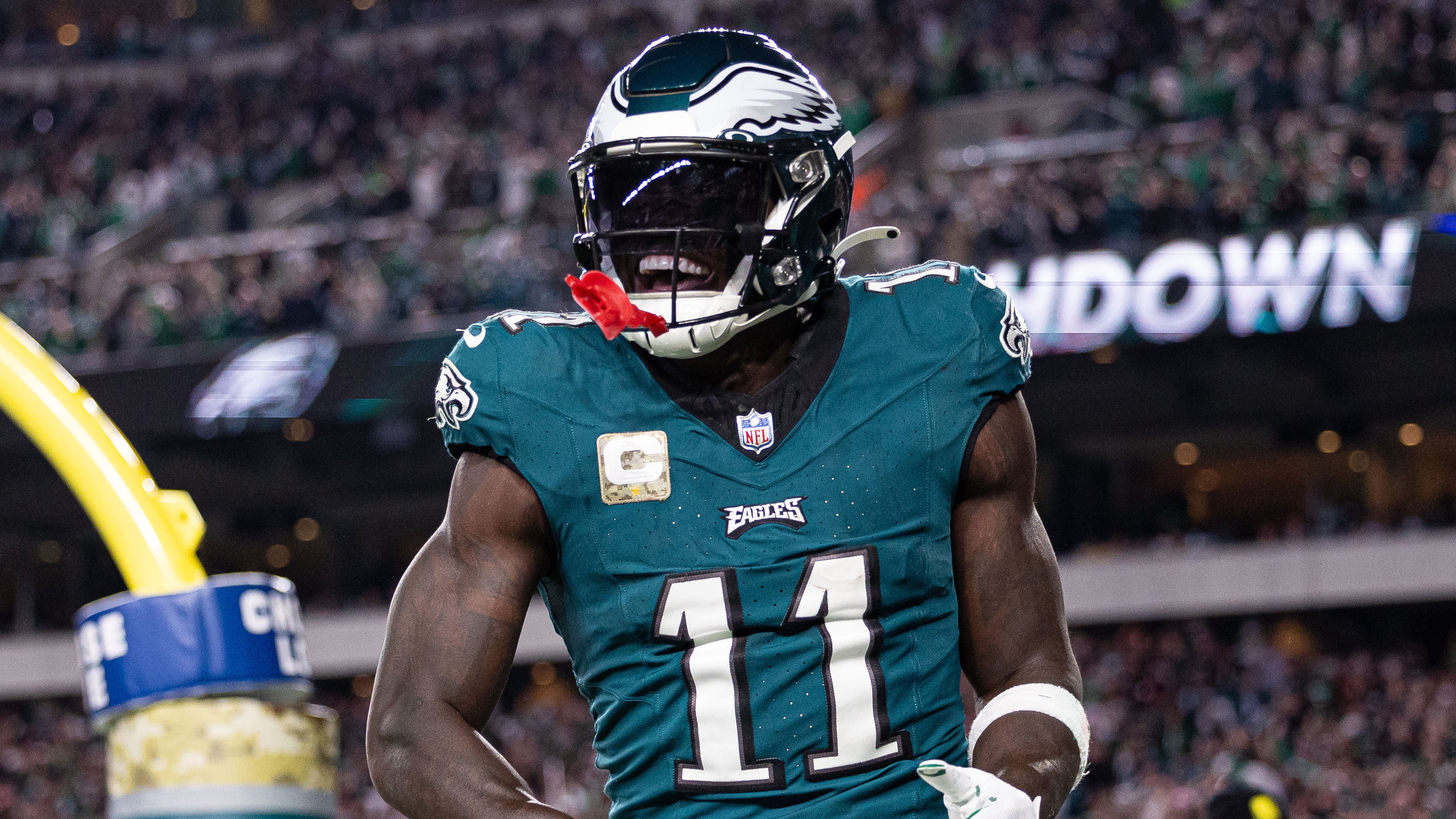David O'Connor remembers when he first stepped into a virtual reality arena in Melbourne, Australia. With a VR headset connected to a portable computer in his backpack, O'Connor and his business partners were able to roam free in virtual worlds — unlike most home VR systems that are grounded with a bevy of cables that amount to a short leash.
"We came out of the game literally sweating," O'Connor told me of the free-roaming VR games he played, including one that had him and his teammates gunning down zombies, as well as a less violent game that was more focused on puzzles.
From there, O'Connor was convinced he was witnessing the "birth of an industry" — not just VR, but VR built around commercial entertainment facilities, like movie theaters and arcades — and now he's bringing it to Greater Boston.
With his co-founders Brad Wurtz and David Rzepski, O'Connor is planning to launch MindTrek VR, which he says will be the first warehouse-scale multiplayer VR arena in the United States. The first 4,000-square-foot facility is expected to open in Woburn sometime in July, with another location in Marlborough scheduled to open this fall.
MindTrek's arenas will use a proprietary VR system developed by Zero Latency, the Melbourne company where O'Connor and his business partners first tried it out. O'Connor said the company purchased exclusive licensing rights for using the technology in Massachusetts, as well as two other markets where it plans to eventually open: Philadelphia and northern New Jersey.
O'Connor said MindTrek games will allow up to 16 people to play together in sessions that will typically last 45 minutes. When the Woburn facility opens, three scenarios will be available: a zombie shooter, another shooting game that will pit players against robots and drones inside an alien spaceship and a non-violent puzzle game that O'Connor likened to a 3D version of Tetris. While the current games only pit players against virtual enemies, O'Connor anticipates eventually having games that let players compete against each other — something that could amount to VR laser tag or paintball.
Pricing hasn't been finalized, O'Connor said, but he hinted that it will be on the expensive side, calling it a "luxury" entertainment experience in the same way that indoor go-karting is: You're likely to do it once in a while, not weekly.
Local
In-depth news coverage of the Greater Boston Area.
Each player in the MindTrek arena will be equipped with a VR headset, a backpack that houses a portable computer that allows free movement and a peripheral that appears in-game as a weapon. The arenas will be outfitted with over 100 cameras to track the movement of every player and help them see each other inside the game.
"Being untethered, that’s where the magic is."
O'Connor said the MindTrek VR experience will be better than most VR systems at home because of how it allows players to roam freely. For home VR systems like the Oculus Rift and HTC Vive, players are only allowed to sit or walk within a very limited area (the Vive's maximum play space is 15 by 15 feet).
"Being untethered, that’s where the magic is," O'Connor said.
It will also avoid motion sickness problems some players have with some home VR systems because of how each players' physical movement will match their movement in-game.
Because MindTrek's computers run on batteries, the games have been tweaked for lower power consumption and, as a result, the graphical fidelity may not match those of the most sophisticated gaming computers on the market, O'Connor said. However, the games have been optimized to run at 90 frames per second, the recommended threshold for immersion in VR.
After running trampoline parks and bowling alleys, this is O'Connor's first foray into the gaming industry, and he thinks he has stumbled into what he thinks can become a big opportunity.
"I'm not a video game guy, I'm not a tech guy, I'm not even a VR guy," he said. "I do understand the business of entertainment, though."
More BostInno Stories:



